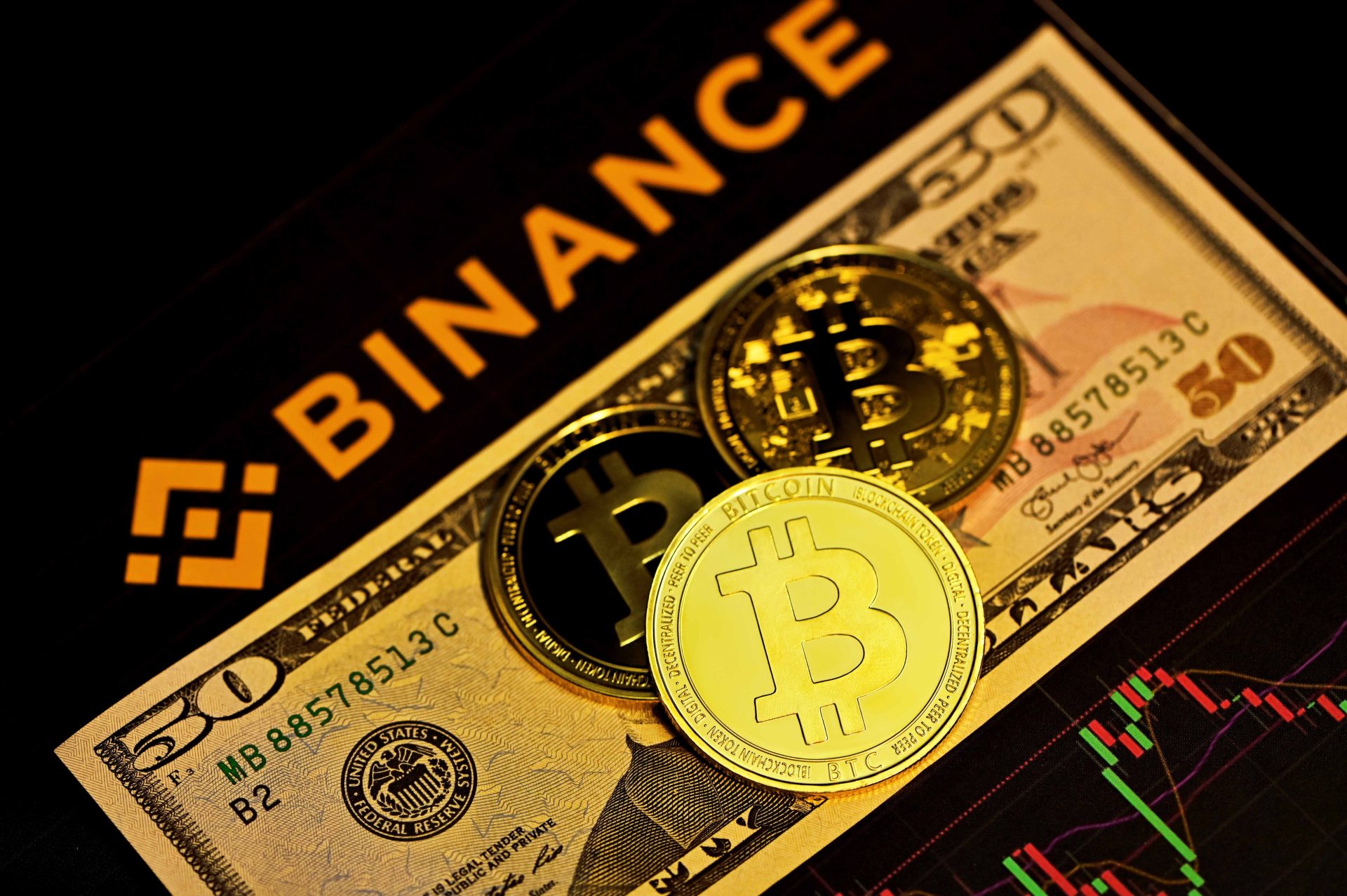On a monumental day for the U.S. government’s crackdown on cryptocurrencies, Binance CEO Changpeng Zhao appeared in a federal courthouse in Seattle and pleaded guilty to a range of securities law violations. This landmark case against the world’s largest cryptocurrency exchange has resulted in a record-breaking penalty of $4.3 billion, making it one of the largest fines imposed by the Department of Justice on a financial institution.
The Charges and Settlement Agreement
Prosecutors accused Binance of enabling money laundering, terrorist financing, and other illegal activities on its platform, allegedly evading federal law for nearly four years. With the guilty plea, Changpeng Zhao has agreed to step down from his role as CEO as part of the settlement agreement. This marks the first time that the Department of Justice has reached a corporate resolution with a cryptocurrency exchange.
Under the terms of the plea deal, Binance will pay $4.3 billion in penalties and forfeitures. U.S. Attorney General Merrick Garland emphasized the message behind this settlement, stating, “Using new technology to break the law does not make you a disrupter. It makes you a criminal.” He further added, “The penalties against Binance should serve as a clear warning to those who believe they can operate outside the boundaries of the law in the cryptocurrency world.”
Legal Jurisdiction in Seattle
The choice to pursue the case in Seattle was not arbitrary. The U.S. Attorney’s Office for the Western District of Washington has a history of actively pursuing cyber crimes, including other crypto-related cases. The court established jurisdiction in Seattle based on the presence of Binance’s servers and storage in the district. Additionally, the exchange unknowingly facilitated trades between individuals in sanctioned countries and traders in Seattle, further solidifying the legal grounds for the case.
Acting U.S. Attorney Tessa Gorman described the case as a “monumental day” for holding Binance accountable. She highlighted the significance of the penalties imposed on the cryptocurrency exchange, emphasizing that it is one of the largest fines ever imposed by the Department of Justice against a financial institution. Gorman also mentioned that this settlement sends a strong message to the crypto industry, indicating that illegal activities will not be tolerated.
Addressing Criticism
During a related press conference in Washington, D.C., U.S. Treasury Secretary Janet Yellen and other federal officials addressed concerns about the lack of criminal charges in the case. A reporter raised the question of whether anyone would be held accountable and if Binance could absorb the financial hit. U.S. Attorney General Garland deferred the question to Nicole Argentieri, the acting assistant attorney general for the DOJ’s Criminal Division.
Argentieri defended the penalties against Binance, the requirement for Changpeng Zhao to step down, and the compliance monitoring measures included in the settlement. She emphasized the historic significance of the penalties, stating that they demonstrate the government’s commitment to holding cryptocurrency exchanges accountable for their actions. Argentieri also noted that the compliance monitoring requirements will help ensure that Binance operates within the boundaries of the law moving forward.
The Implications for the Crypto Industry
The outcome of this case against Binance has far-reaching implications for the entire cryptocurrency industry. The penalties imposed on the exchange serve as a warning to other platforms that illegal activities will not go unpunished. It sends a clear message that regulators and law enforcement agencies are actively monitoring and cracking down on violations within the crypto space.
Cryptocurrency exchanges and related businesses will need to reassess their compliance protocols and ensure they have robust measures in place to prevent money laundering, terrorist financing, and other illicit activities. This case underscores the importance of implementing effective Know Your Customer (KYC) and Anti-Money Laundering (AML) procedures to prevent unauthorized or illegal transactions.
See first source: Geekwire
FAQ
Q1: What charges were brought against Binance, and what is the settlement agreement?
A1: Binance faced accusations of enabling money laundering, terrorist financing, and other illegal activities on its platform. As part of the settlement agreement, CEO Changpeng Zhao pleaded guilty and agreed to step down. Binance will pay a record-breaking penalty of $4.3 billion in penalties and forfeitures.
Q2: Why was the case pursued in Seattle, and what was the jurisdictional basis?
A2: The case was pursued in Seattle due to the presence of Binance’s servers and storage in the district. The exchange also unknowingly facilitated trades between individuals in sanctioned countries and traders in Seattle, further establishing the legal grounds for the case.
Q3: What message does the Department of Justice want to convey through this settlement?
A3: U.S. Attorney General Merrick Garland emphasized that using technology to break the law does not make one a disrupter but a criminal. The penalties against Binance serve as a warning to those operating in the cryptocurrency industry that illegal activities will not be tolerated.
Q4: Why were there no criminal charges filed in this case?
A4: The Department of Justice focused on imposing significant penalties and requiring compliance monitoring measures as part of the settlement. Acting Assistant Attorney General Nicole Argentieri defended the penalties, emphasizing their historic significance and the government’s commitment to holding crypto exchanges accountable.
Q5: How does this case impact the cryptocurrency industry?
A5: The case against Binance has significant implications for the crypto industry. It sends a clear message that regulators and law enforcement agencies are actively monitoring and cracking down on violations within the crypto space. Exchanges and related businesses must strengthen their compliance protocols to prevent illegal activities.
Q6: What steps can cryptocurrency exchanges take to ensure compliance?
A6: Cryptocurrency exchanges should reassess their compliance protocols and implement robust Know Your Customer (KYC) and Anti-Money Laundering (AML) procedures to prevent unauthorized or illegal transactions. Compliance measures are essential to avoid legal issues and penalties.
Featured Image Credit: Photo by Kanchanara; Unsplash – Thank you!










